Can someone who has used CBD oil fail a drug test? The brief response is no, but the lengthy response is more nuanced. Cannabis is a plant with a long history of use as a medicine dating back thousands of years, and cannabidiol (CBD) is a naturally occurring chemical found in the resinous flower of cannabis. Scientists and medical professionals from all around the world are currently examining and confirming the therapeutic benefits of CBD.
However, according to ProjectCBD.org, CBD is closely related to another important medicinally active phytocannabinoid: tetrahydrocannabinol (THC), the compound that causes the high that cannabis is famous for. These are the two components of cannabis that have been most studied by scientists.
Can CBD Oil Cause an Employee or Person to Fail a Drug Screen?
A 2018 Forbes article that cites one instance of an Atlanta woman failing a drug test due to the presence of THC when she had only consumed CBD oil indicates that there are still many questions about CBD use and drug screening. In response to massive consumer demand, a huge, unregulated market in CBD oil products reached a critical mass in 2018. It is impossible for a consumer to know what they are getting their hands on because of the inconsistent manufacturing practices used to create CBD products. Since the U.S. Food and Drug Administration (FDA) has not certified any of the CBD products available over the counter, it is extremely simple for companies who manufacture synthetic cannabis to cut corners with regard to testing and other crucial quality controls.
In some medical marijuana states, CBD products are allowed to have residual levels of THC up to 5%, depending on the state. Because of these low to non-existent levels of THC, more companies have started carrying CBD products, even in states where marijuana is not permitted for either medicinal or recreational use. However, it is worth noting that CBD is not legal at the state level in all 50 states.
According to Quest Diagnostics, CBD itself would not report positive for marijuana or marijuana metabolite. If the CBD product contains THC at a sufficiently high concentration, it is possible, depending on usage patterns, that the use of these products could cause a positive urine drug test result for marijuana metabolites. For example, in some states, CBD may contain up to 5% THC.
CBD Oil Is Not a Medical Explanation for a Positive Drug Test Result
It is critical to keep in mind that using CBD or medicinal marijuana would not be regarded as a substitute medical explanation for a positive drug test result for legally required drug testing. In states where marijuana use is lawful for medical and/or recreational purposes, CBD usage is no longer considered a crime (including Colorado, California, Nevada, Montana, and Arizona). A few states, including Utah and Wyoming, have legislation that specifically permit the use of hemp-based extracts, including CBD, in small doses. Hemp is a plant, not a drug, therefore these extracts are legal to use.
Most recently, the 2018 Farm Bill introduced into the Senate last year could potentially remove all prohibitions from CBD that is derived specifically from hemp, since the bill would “legalize” hemp and its derivatives (as opposed to marijuana, a related but different plant). Some say that this could lead to the full-scale legalization of CBD.
CBD and Your Company’s Drug Policy
Your company should have a policy about drug use in the workplace, however CBD and the legalization of medical marijuana in many states complicates what you can and cannot legally require of your employees. Banning medical marijuana use could be comparable to attempting to ban the use of legally prescribed pain and other medications. According to the Employer’s Council, generally, employers do not have to accommodate the use of marijuana since the substance is illegal under federal law. However, there are some courts, such as in Massachusetts, that have declared that employers are required to at least consider the accommodation of off-duty use of medical marijuana.
Medical Marijuana and Legalization at Work
With the increased legalization of marijuana, it is possible that more courts will begin interpreting the Americans with Disabilities Act (ADA) and its state-specific equivalent laws to require companies to consider an employee’s use of medical marijuana as a reasonable accommodation. However, bear in mind the requirements that the accommodation not (a) present an undue hardship or (b) present a direct threat to the employee or the other employees in the workplace. CBD oil falls under neither of these requirements.
According to the law as it stands now, it is unlikely that an employer would face consequences for refusing to accept CBD as a reasonable accommodation unless a federal court ruled differently or a state law specifically mandates that employers take the use of CBD and/or medical cannabis into account when determining reasonable accommodations for a disability. BUT (and this is a crucial distinction), businesses must remember that this research may be affected by future law changes, including the adoption of the 2018 Farm Bill. For instance, if the Farm Bill makes CBD derived from hemp legal, businesses are required to at the very least take CBD use into account as a reasonable accommodation.
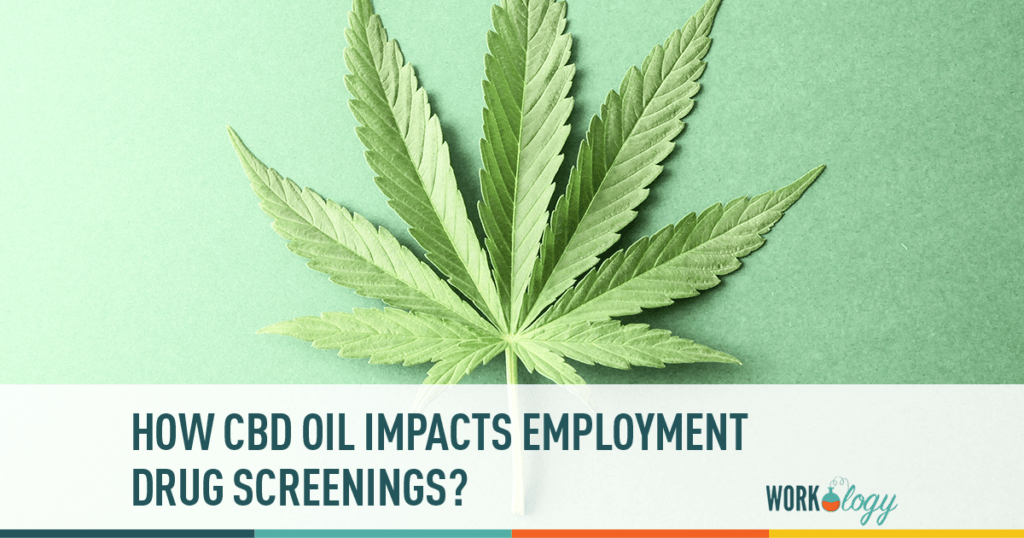
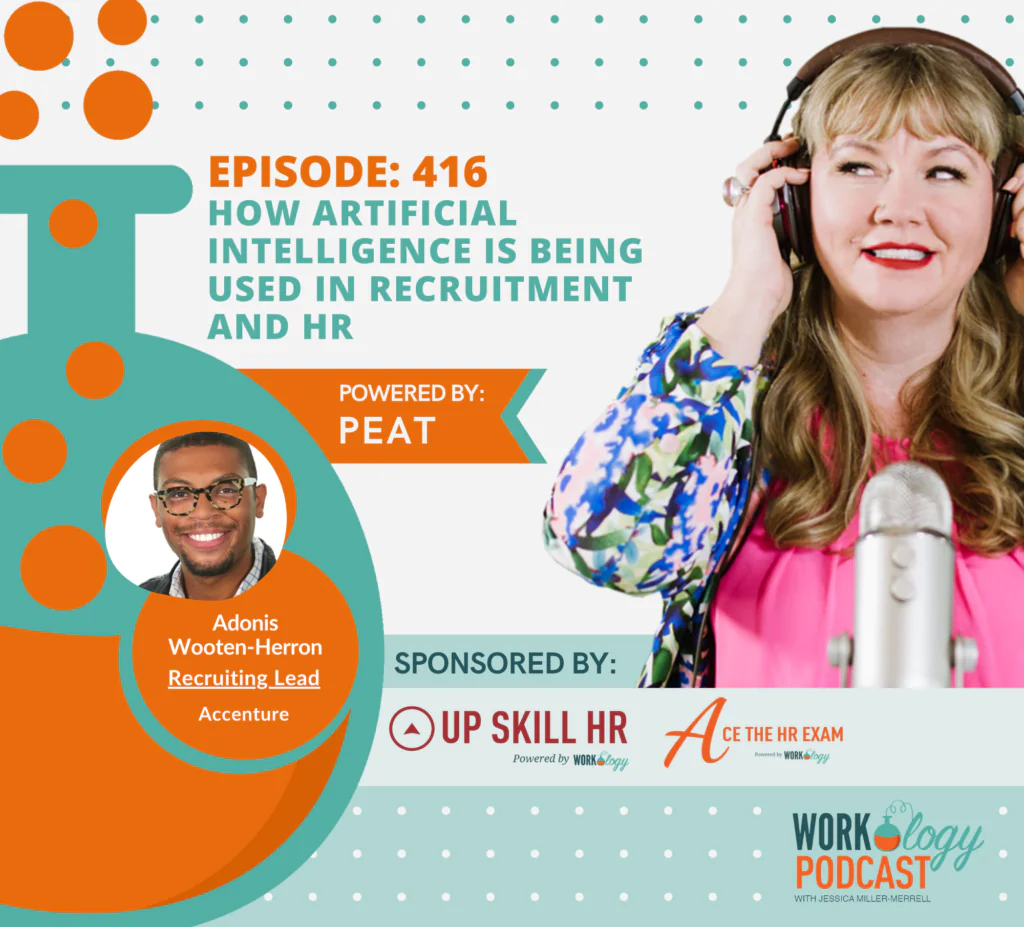

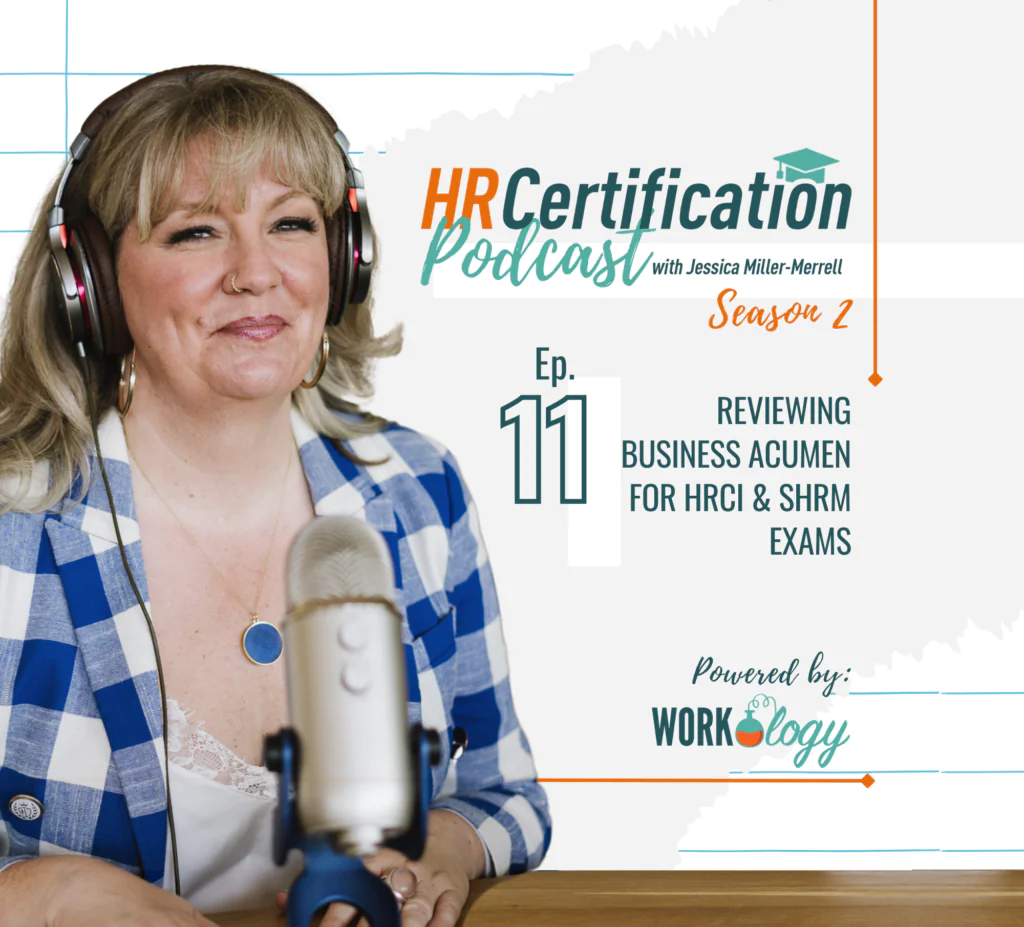

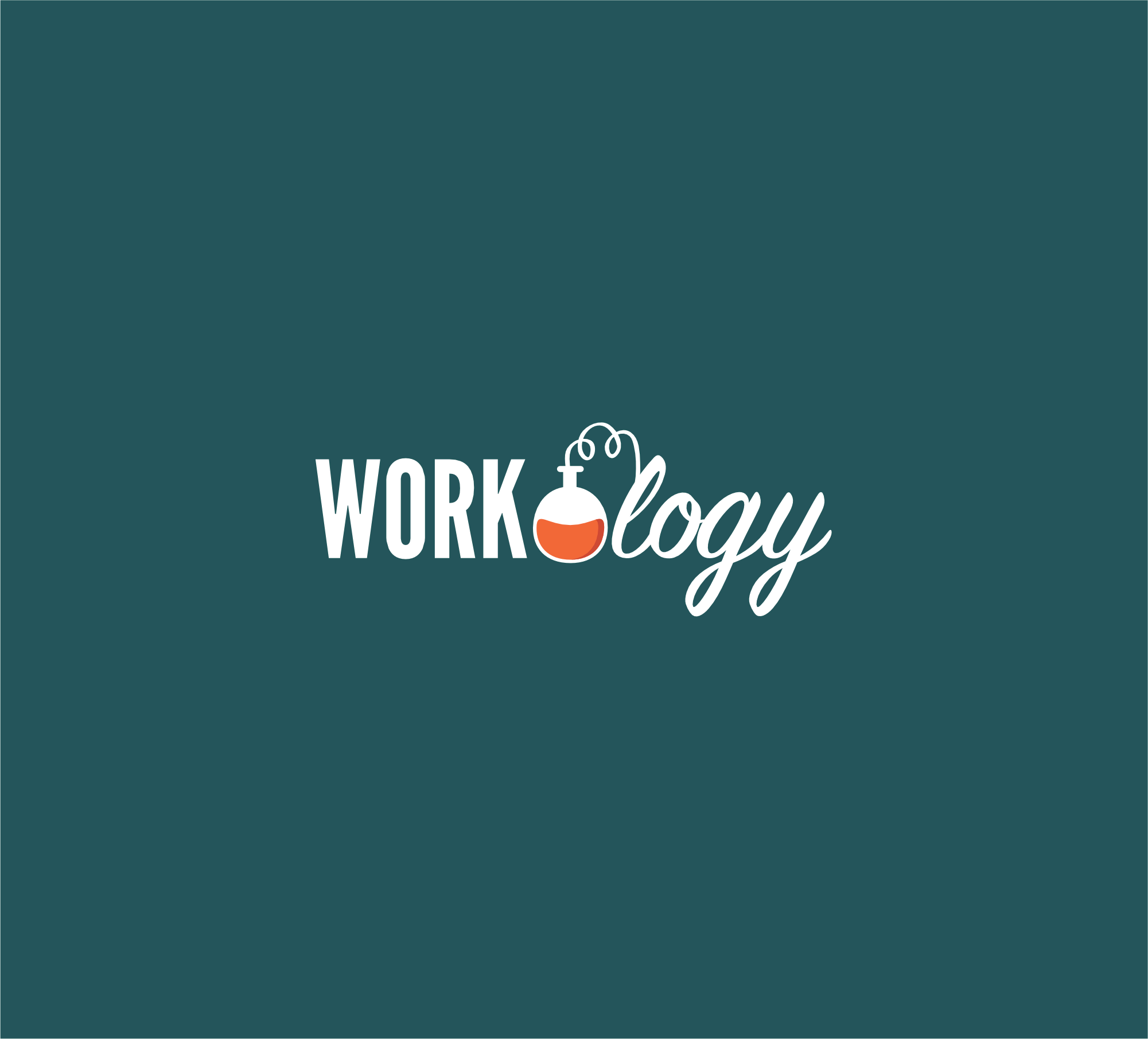
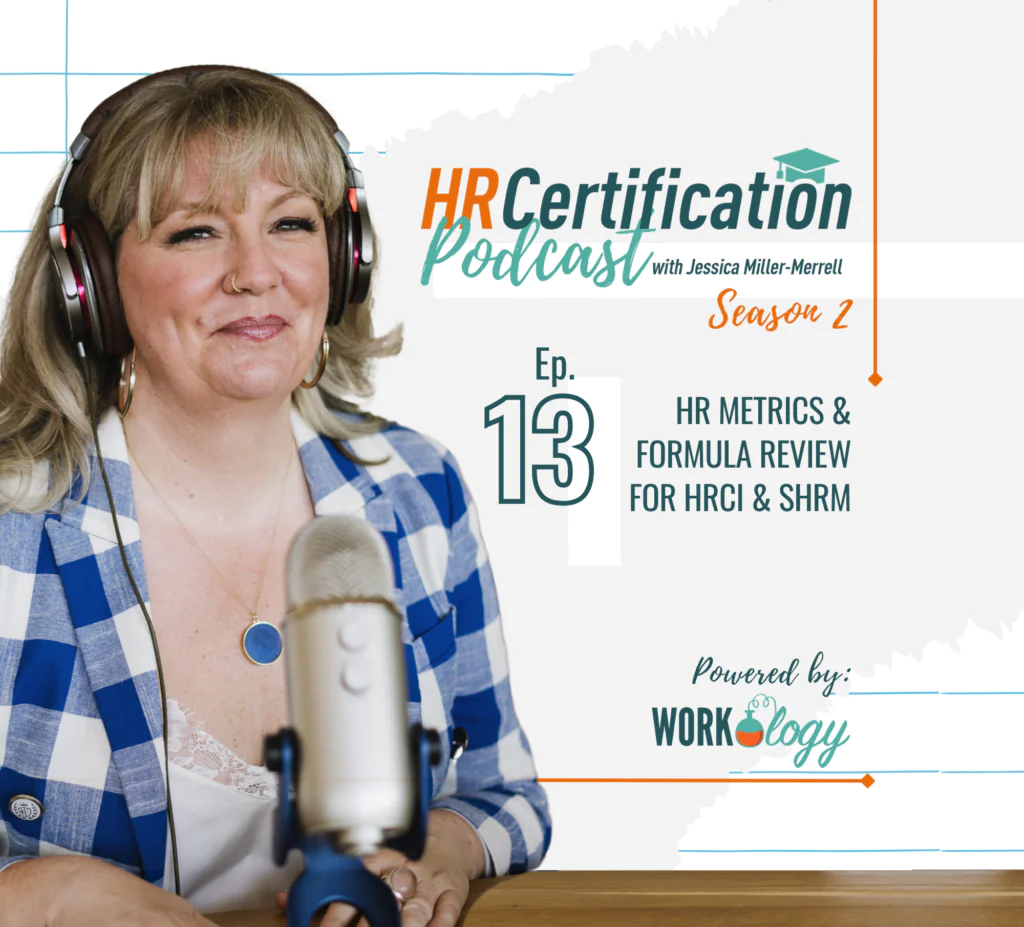

2 Comments
thanks for the useful posts and information 😉
I just received the results from my drug test screening and it came back positive for THC. I am a medically disabled veteran with severe PTSD, anxiety and depression .I take CBD products and mental health products to cope with this. Please understand that I need employment and I am very good at my job. Forbidding me from employment because of taking over the counter medications is not legit.
Comments are closed.